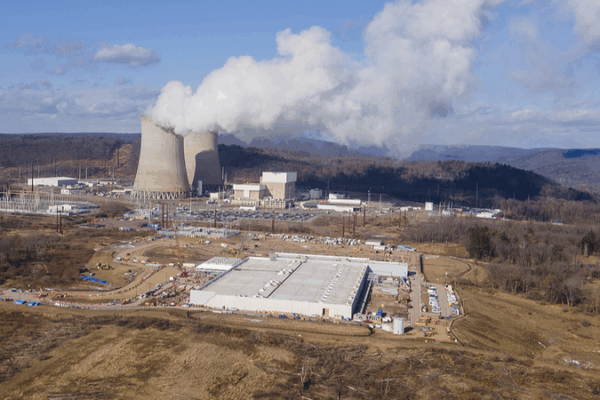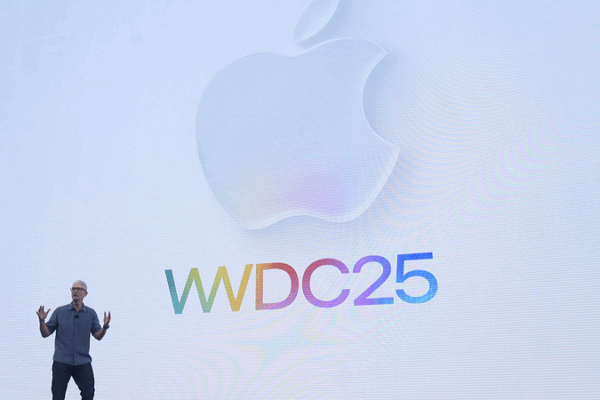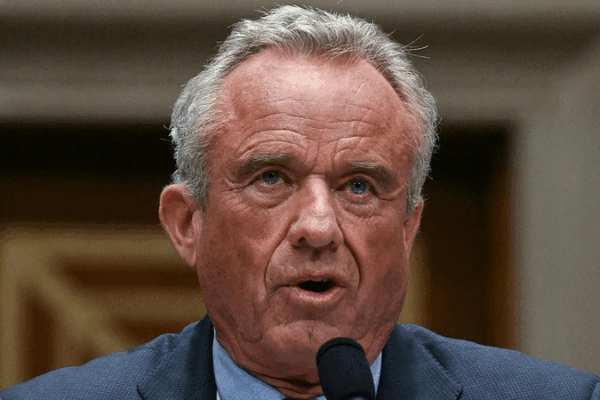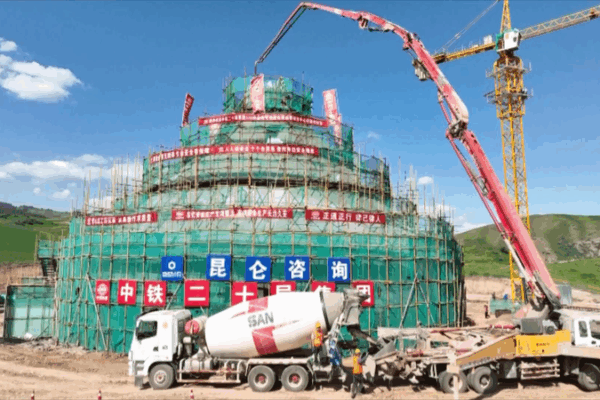
Amazon to Invest $20 Billion in Pennsylvania Data Centers
Amazon commits $20B to build two Pennsylvania data center hubs, leveraging nuclear and grid power to boost AI capacity, construction jobs, and regional economies.
My Global News: Voices of a New Era
🌍 Stay Ahead, Stay Global 🚀
Explore AI, space exploration, health tech, and cutting-edge innovations from G20 nations.

Amazon commits $20B to build two Pennsylvania data center hubs, leveraging nuclear and grid power to boost AI capacity, construction jobs, and regional economies.

At the UN Ocean Conference, China launched CGOF1.0, a 60-year, 10km-resolution AI-powered dataset uniting 40+ data sources, hailed by UN agencies for boosting global climate and safety efforts.

EngineAI, a robotics startup in the Chinese mainland, has patented an AI-driven straight-leg walking control method for humanoid robots to boost efficiency, stability, and agility.

Apple’s WWDC 2025 dazzled with fresh UI updates but left AI fans wanting more as privacy-first generative features remain limited.

Chinese and Israeli scientists have developed a large-scale CRISPR method to edit thousands of plant genes, boosting crop traits from sweetness to disease resistance.

U.S. Health Secretary Robert F. Kennedy Jr. fired all 17 members of the CDC’s vaccine advisory committee, aiming to restore public trust and reshape immunization policy.

The third UN Ocean Conference opened Monday in Nice, France, rallying stakeholders worldwide under the theme “Accelerating action and mobilizing all actors to conserve and sustainably use the ocean.”

Keeta drones launched Hong Kong’s first drone-powered food delivery route, cutting delivery time from 40 minutes to five, under the city’s new low-altitude economy sandbox.

Japan’s ispace lunar lander Resilience crashed in its second touchdown attempt, highlighting the tough leap for private moon missions amid a surge of commercial lunar ventures.

The Chinese mainland capped the main structure of a 110m steerable radio telescope in Xinjiang, a major step toward a 2028 launch that will observe 75% of the sky.